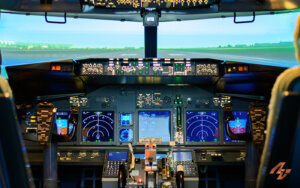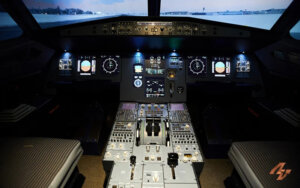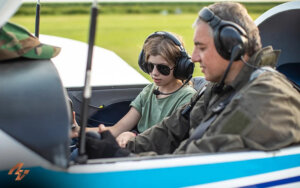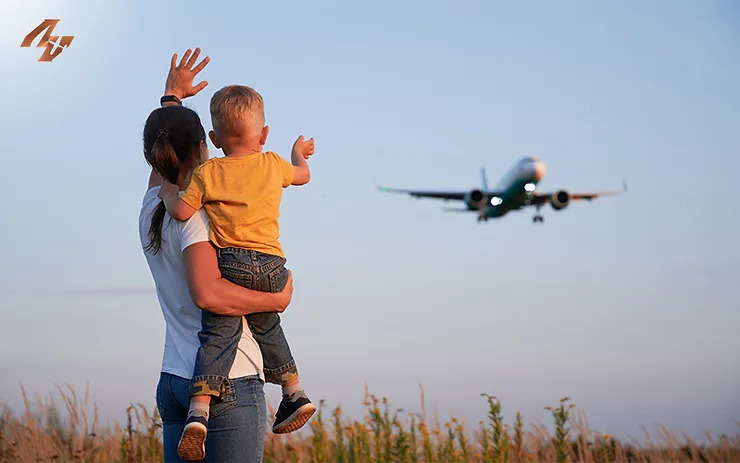
The idea of soaring above the clouds, defying gravity, and navigating through the boundless expanse is not just a fascinating endeavour but also an avenue for character development and personal growth through flying. Junior flying lessons, beyond their obvious development of aviation skills, offer a unique platform for young individuals to cultivate valuable life skills. In this article, we delve into the ways in which junior aviation lessons become a crucible for character development, fostering qualities that resonate through the skies and into every facet of life.
Discipline and responsibility
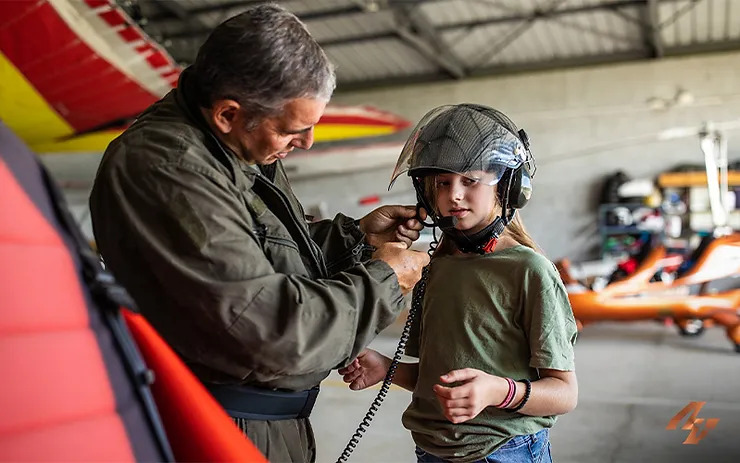
Discipline and responsibility are two cornerstones of personal development that are attributes in youth pilot lessons that are consistently emphasised. Aviation demands strict adherence to protocols, safety guidelines, and operational procedures. From the pre-flight checklist to in-flight navigation, young aviators are taught the significance of following rules and taking their responsibilities seriously. The aircraft serves as an embodiment of the consequence of negligence, teaching students that their actions directly impact their own safety as well as the safety of others. This early lesson in accountability lays a strong foundation for character building, helping them carry the values of discipline and responsibility into various aspects of their lives.
Resilience and perseverance
Junior flying lessons provide young learners with firsthand experience in dealing with adversity and uncertainty. Flight plans might need to be altered due to sudden weather changes, and unexpected turbulence might jolt even the most meticulously planned journeys. Through these experiences, aspiring aviators learn the importance of resilience and the determination to pursue their goals despite challenges.
Effective communication
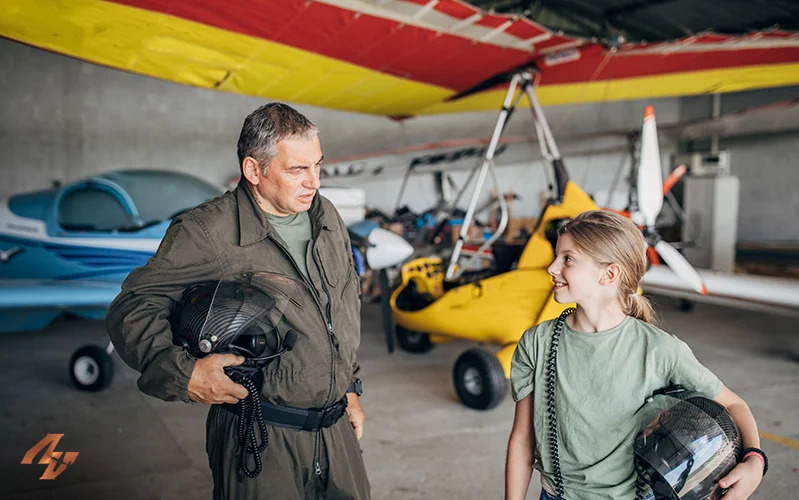
Learning to communicate succinctly and accurately while managing the intricacies of flying cultivates excellent communication skills. These skills extend beyond the cockpit, allowing young aviators to become effective communicators in their personal and professional lives. Whether it’s conveying ideas, collaborating with peers, or resolving conflicts, the ability to communicate effectively is an invaluable trait that can shape a successful and harmonious future.
Decision-making and critical thinking
A fundamental aspect of youth aviation education is the ability to think critically and make informed decisions under pressure. From assessing weather conditions to troubleshooting mechanical issues, aspiring aviators learn to gather information, evaluate alternatives, and choose the best course of action – a skill set that extends well beyond aviation.
Teamwork and collaboration
While flying may seem like a solitary activity, aviation is built upon a foundation of teamwork and collaboration. From flight crews to air traffic control, successful flights rely on the synergy of many individuals working together seamlessly. Learning to trust and rely on others while contributing their own expertise teaches them the value of collaboration. These experiences also foster a sense of camaraderie and understanding, helping them become effective team players in any endeavour they pursue.
Junior flying lessons extend beyond teaching the technicalities of flight. They provide a unique and immersive environment for character building through aviation, ensuring young individuals take flight as both capable aviators and individuals of steadfast character.
Searching for a young aviation academy to enrol your child into? Aeroviation is a leading junior aviator academy in Singapore that aims to shape not just skilled aviators, but individuals of strong character. Reach out today and help your child take the first step towards soaring to new heights, both in the skies and in life!



